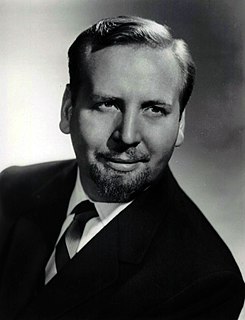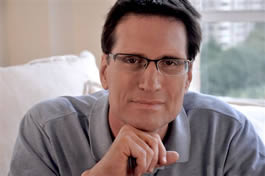A Quote by Skitch Henderson
Related Quotes
As a bull market turns into a bear market, the new pros turn into optimists, hoping and praying the bear market will become a bull and save them. But as the market remains bearish, the optimists become pessimists, quit the profession, and return to their day jobs. This is when the real professional investors re-enter the market.
The information glut has become a ruling cliche. As all resources - from energy to information - become more abundant, the presure of economic scarcity falls ever more heavily on one key residual, and that single shortage looms ever more stringent and controlling. The governing scarcity of the information economy is time: the shards of a second, the hours in a day, the years in a life, the latency of memory, the delay in aluminum wires, the time to market, the time to metastasis, the time to retirement.
Young people increasingly have become subject to an oppressive disciplinary machine that teaches them to define citizenship through the exchange practices of the market and to follow orders and toe the line in the face of oppressive forms of authority. They are caught in a society in which almost every aspect of their lives is shaped by the dual forces of the market and a growing police state.
The ever-mounting glut of waste materials is characteristic by-product of modern consumer society. It might even be argued that capitalism's continual need to find of generate markets means that disposibility and waste have become the spine of the system. To consume means, literally, to destroy or expend, and in the garbage crisis we confront the underlying truth of a society in which enormous productive capacities and market forces have harnessed human needs and desires, without regard to the long or even short-term future of life on the planet.

































